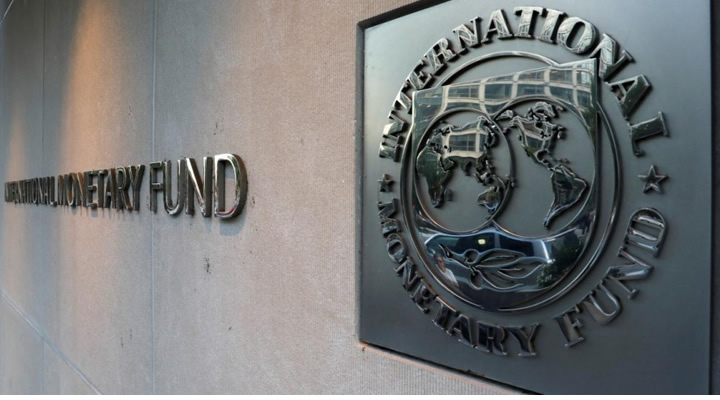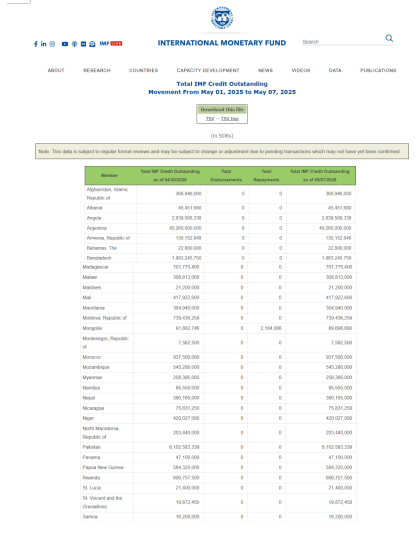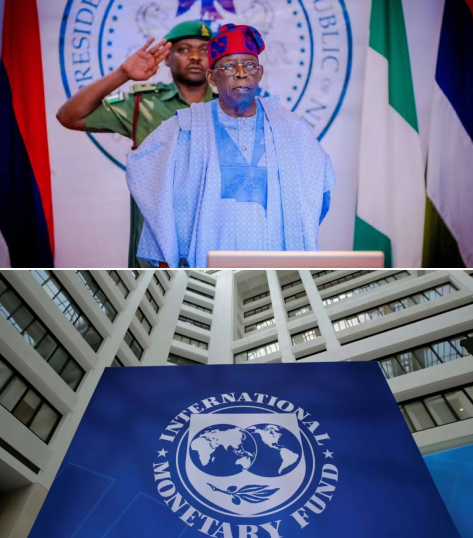Nigeria has fully repaid its $3.4 billion loan to the International Monetary Fund (IMF), leading to its removal from the list of debtor nations.
The loan, obtained in April 2020 under the IMF’s Rapid Financing Instrument, was aimed at mitigating the economic impact of the COVID-19 pandemic. The final repayment was made on April 30, 2025.
According to the IMF’s report titled “Total IMF Credit Outstanding—Movement from May 01, 2025 to May 06, 2025,” Nigeria is no longer among the 91 countries with outstanding obligations totaling $117.8 billion.

- BREAKING: Cardinal Robert Prevost, an American Elected as New Pope (VIDEO)
- Nigeria’s Military Have Better Weapons compared to Terrorists — Defence Minister
- BREAKING: Nigeria Clears $3.4 Billion IMF Loan, No Longer on Debtors List
- New Pope Election: Black Smoke Fills the Vatican Sky Indicating that No Pope has Emerged from the Conclave Yet (VIDEO)
- VIDEO: EFCC Finally Releases VeryDarkMan
- BREAKING: Anambra Teen Allegedly Impregnates 10 Girls Including his Master’s Daughter
Senior Special Assistant to the President on Digital Engagement, Strategy, and New Media, O’tega Ogra, described the development as a “strategic reset,” emphasizing Nigeria’s commitment to fiscal discipline and reform.
While the principal has been cleared, Nigeria still owes approximately SDR 125.99 million (about N274 billion) in interest and administrative charges, payable annually until 2029.

The IMF has acknowledged Nigeria’s recent economic reforms, including the removal of fuel subsidies and unification of foreign exchange rates, as steps toward stabilizing the economy and promoting sustainable growth.
Analysts suggest that clearing the IMF debt enhances Nigeria’s fiscal credibility, potentially improving its credit rating and investor confidence.












